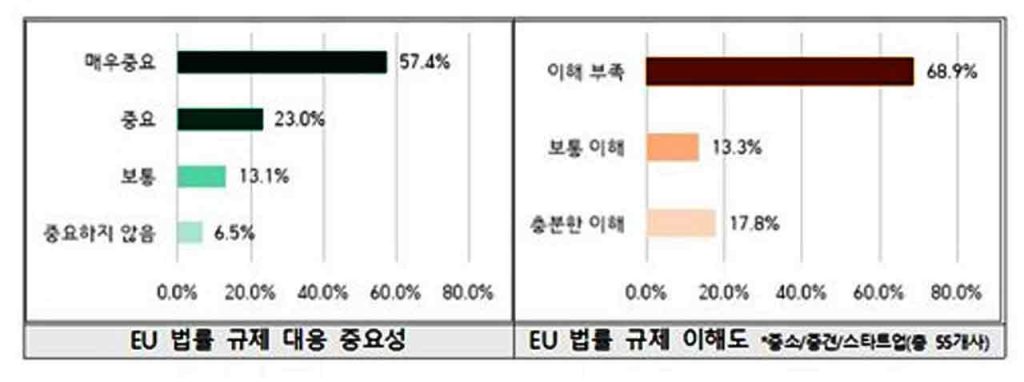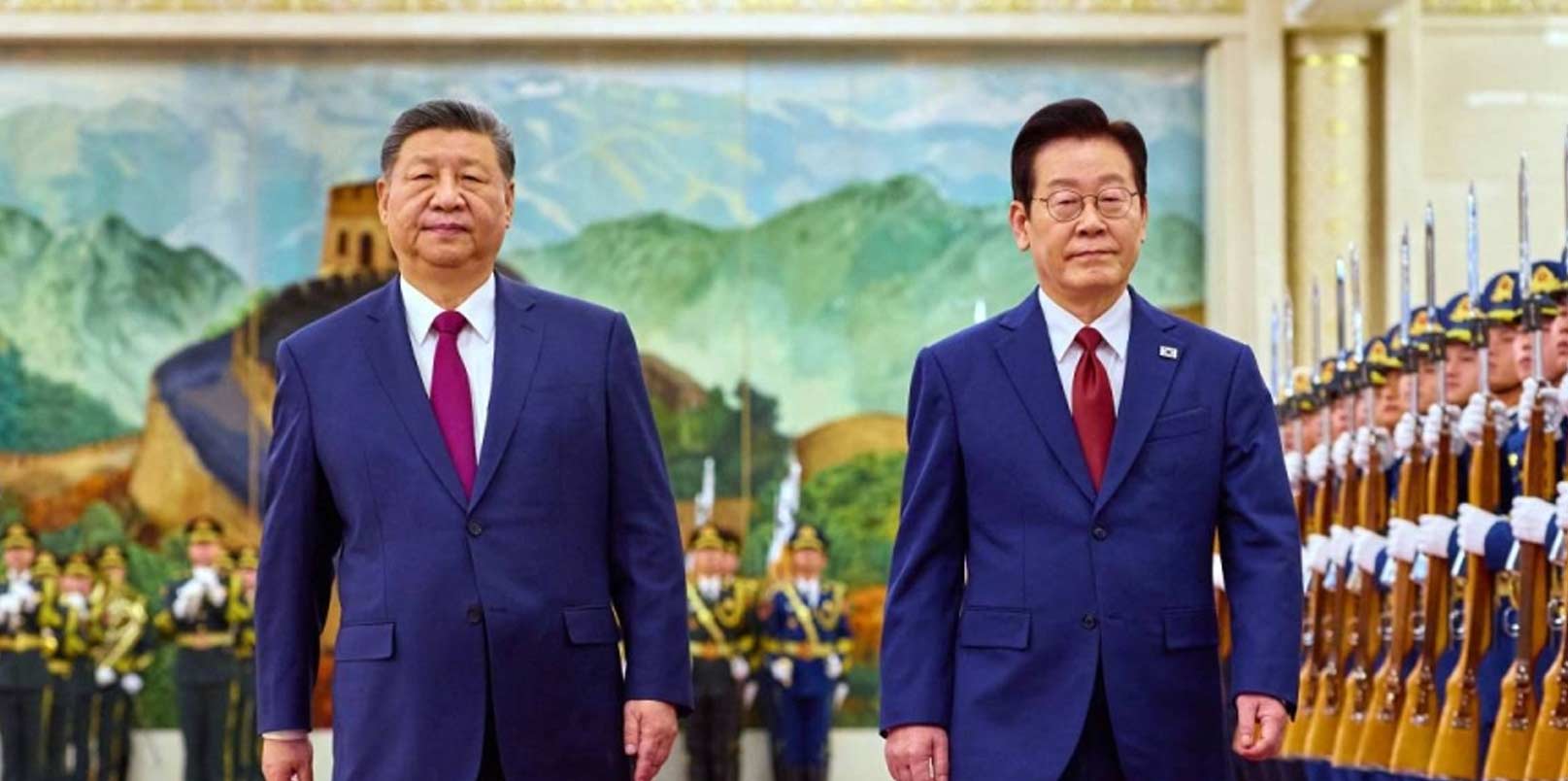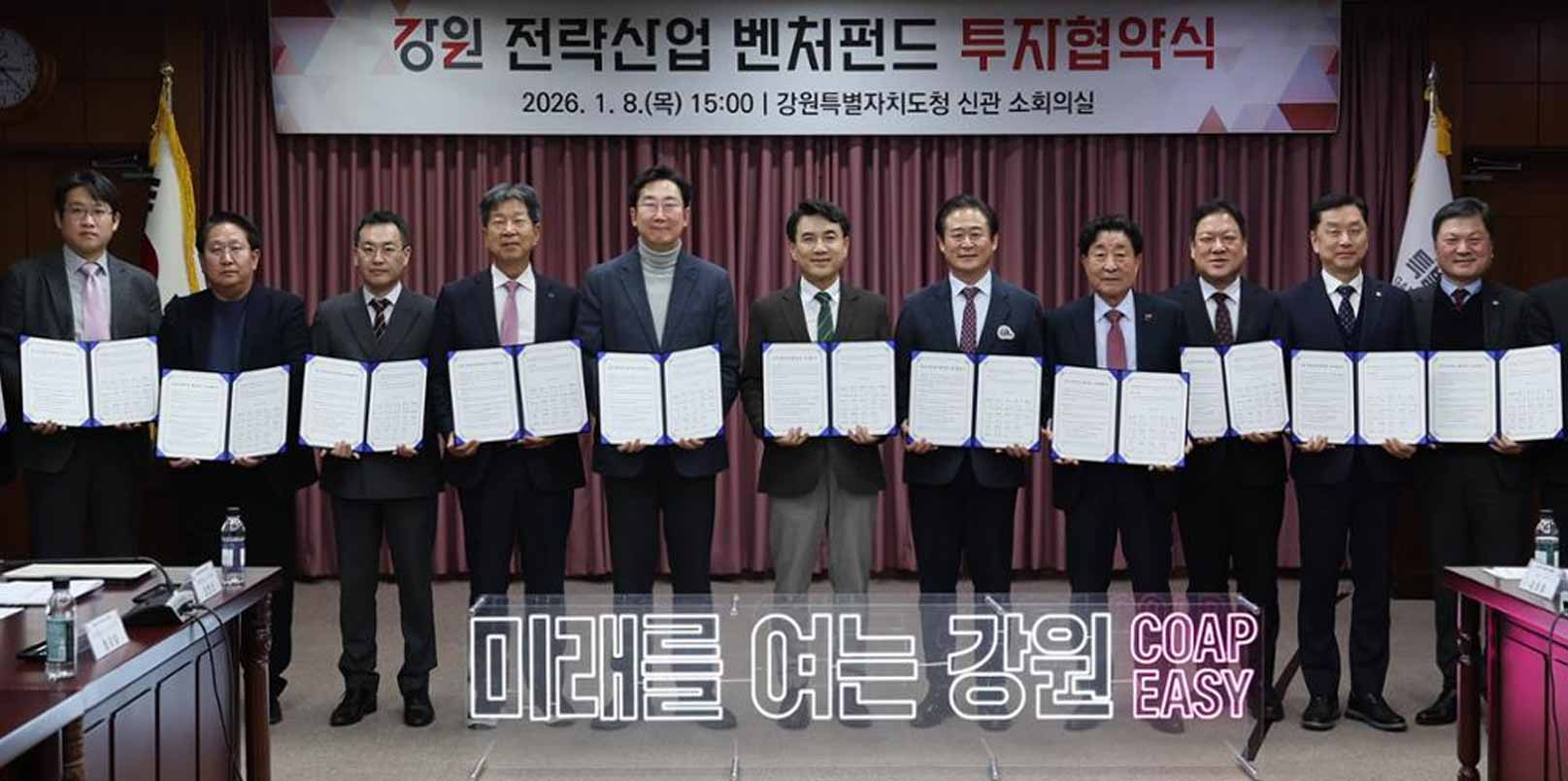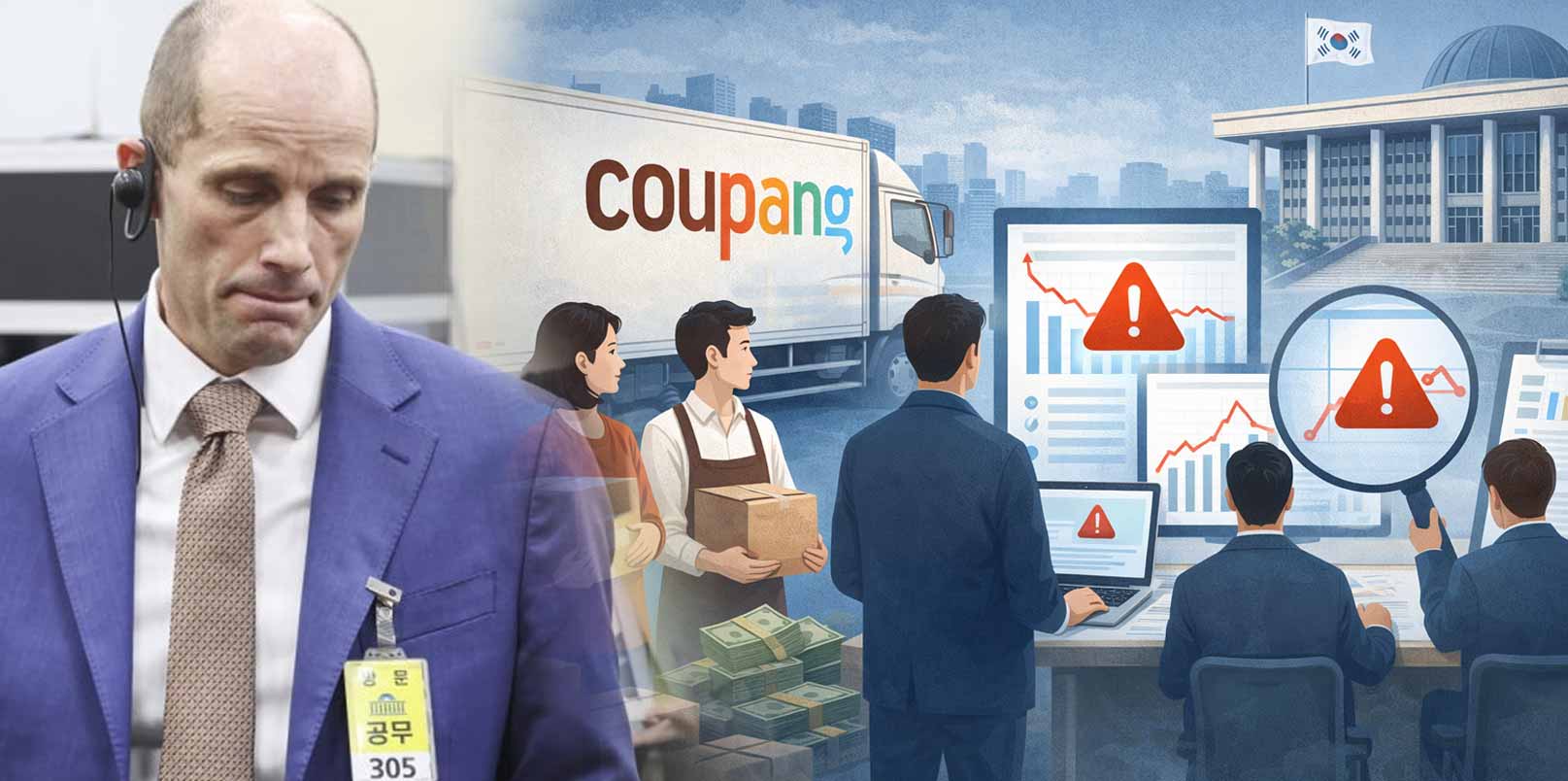Korean startups and SMEs are increasingly targeting Europe, but regulatory barriers are proving difficult to overcome. With GDPR already a global benchmark and new frameworks like the AI Act on the horizon, compliance has become a decisive factor for market entry. Korea is now moving to provide its innovators with tools and local support to remain competitive in Europe’s tightly regulated digital economy.
Korean Startups Confront Rising EU Regulatory Pressures
As Europe tightens its digital regulatory frameworks, Korean startups and SMEs operating in the region are struggling to keep pace.
A new survey by the Korea Internet & Security Agency (KISA) found that seven out of ten Korean firms in the EU face difficulties complying with data protection and related digital regulations.
The findings come at a time when the General Data Protection Regulation (GDPR) is already well established, while new layers of rules—such as the Data Act, the Digital Markets Act (DMA), and the forthcoming AI Act—are adding to compliance pressures.
According to the study, 80.4% of respondents recognized regulatory compliance as critical to their operations. Yet, 68.9% of SMEs and startups (excluding large corporations) admitted they lack the legal understanding and practical measures to meet obligations, making day-to-day compliance a serious operational challenge.
The most pressing difficulties identified by firms included:
- Insufficient knowledge of EU policies and regulatory interpretations,
- Shortages of in-house specialists and compliance infrastructure, and
- Difficulty in finding reliable information channels and trustworthy local partners.

GDPR as a Global Benchmark — and Barrier
The EU’s GDPR, enforced since 2018, remains the most significant compliance requirement for Korean companies in Europe.
Non-compliance can trigger fines of up to 4% of annual global turnover, underscoring its influence not only within the EU but across global business practices. For resource-constrained startups and SMEs, the lack of compliance capacity increases both legal risks and market entry costs.
Korea’s Tailored Support Through EU Cooperation Center
In response, the Korean government is stepping up targeted support. KISA, in partnership with the Personal Information Protection Commission, will strengthen its assistance through the EU Personal Data Protection Cooperation Center in Belgium.
Key measures include:
- Establishing a Data Protection Officer (DPO) Council for Korean firms active in the EU,
- Providing timely updates on regulatory trends,
- Delivering practical seminars tailored to corporate practitioners, and
- Developing compliance guides to support practical compliance.
These initiatives are designed not only to provide information but to build ongoing local capacity, enabling Korean startups and SMEs to engage the EU market with greater confidence.
Solid Foundation for Korea’s Startup Expansion in Europe
This strategic move signals more than just crisis management. With EU regulations increasingly shaping the global digital economy, Korea’s efforts are a strategic investment in export resilience and credibility.
By lowering regulatory barriers, Korea is helping its startups secure trust with European partners and customers — a prerequisite for scaling in markets where data protection and AI governance are non-negotiable.
Industry observers note that proactive support will also serve as a foundation for future Korean expansion into Europe’s digital sectors. With the AI Act and Data Act expected to take effect soon, compliance readiness will increasingly determine both access and competitive positioning for Korean innovators.
Building a Compliance-Ready Global Ecosystem
The decision to anchor the EU Personal Data Protection Cooperation Center in Belgium reflects a consistent thread in Korea’s startup policy: global expansion is always paired with systemic support.
Just as in other regions where export promotion is backed by local hubs and tailored programs, Korea is ensuring that its companies abroad are not left to navigate regulatory challenges on their own.
Ultimately, South Korea is not only sending startups overseas. At the same time, the country is also building the institutional scaffolding they need to survive in rule-heavy markets like the EU with two-fold goals: creating a pipeline of globally scalable startups for international investors and providing the compliance infrastructure that allows Korean founders to thrive even in some of the world’s most tightly regulated environments.
– Stay Ahead in Korea’s Startup Scene –
Get real-time insights, funding updates, and policy shifts shaping Korea’s innovation ecosystem.
➡️ Follow KoreaTechDesk on LinkedIn, X (Twitter), Threads, Bluesky, Telegram, Facebook, and WhatsApp Channel.






